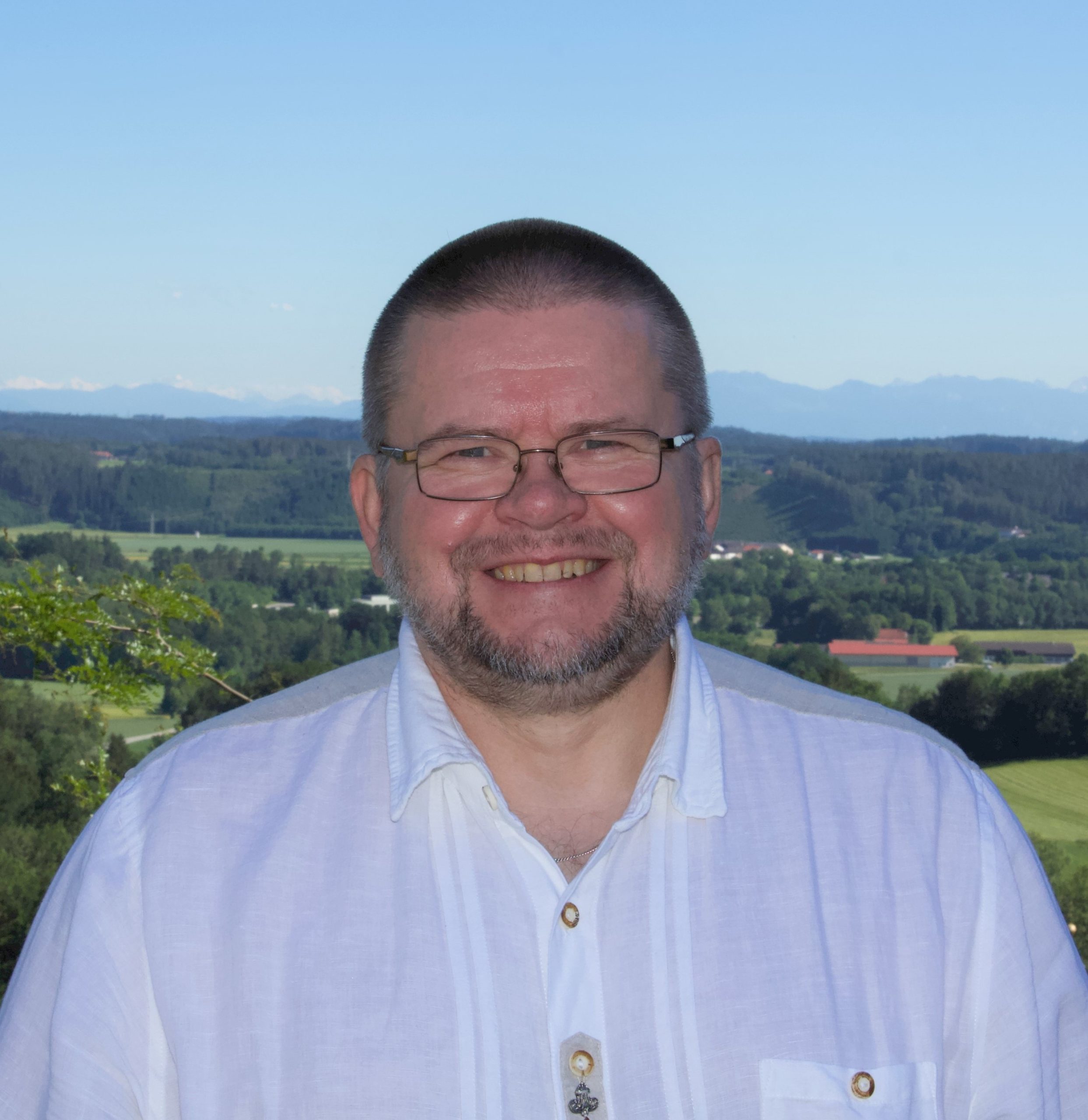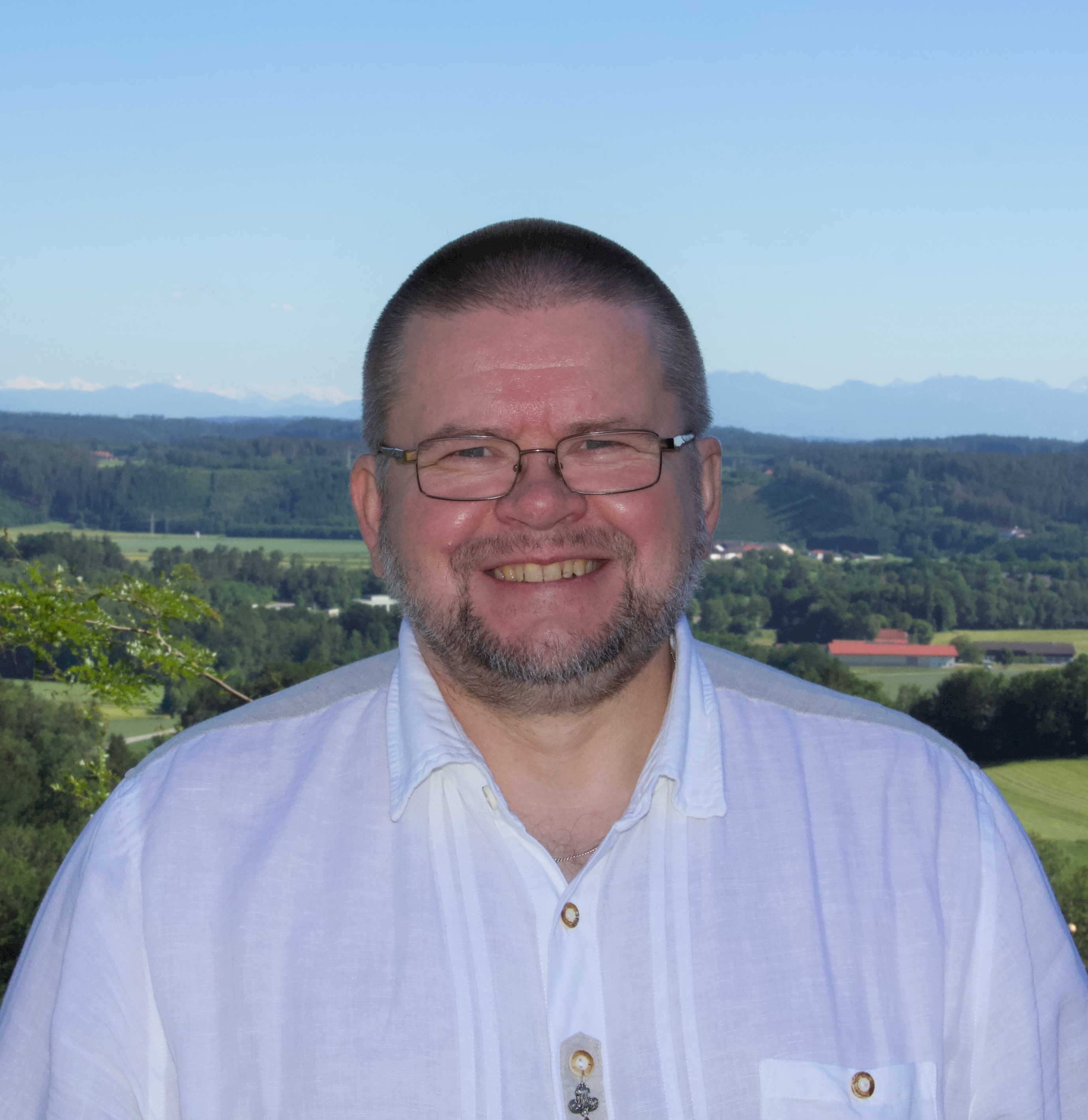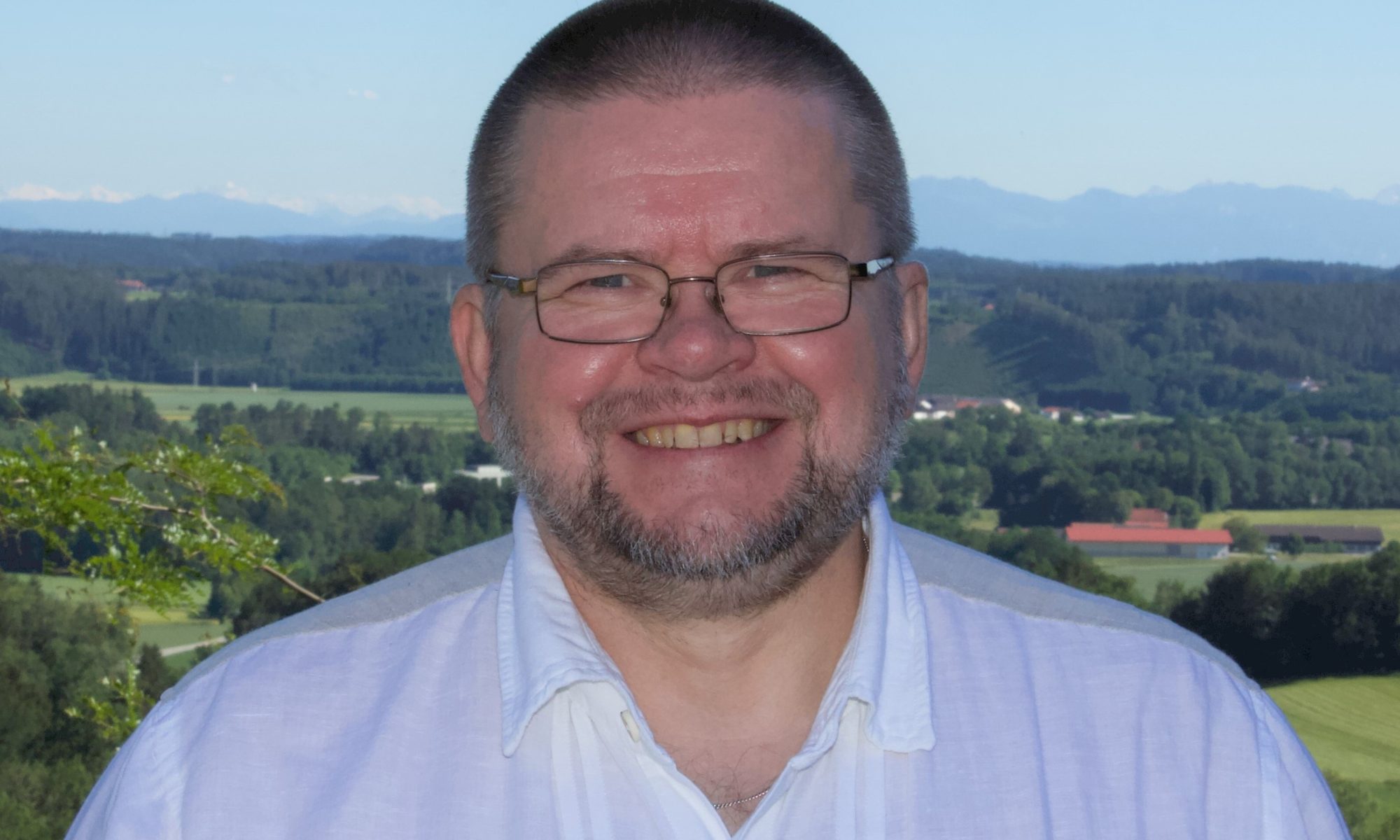
- This event has passed.
From MATLAB® to High-Quality RTL Using High-Level Synthesis — The Design Methodology
September 22, 2020 @ 10:00 AM - 11:00 AM

Register For This Web Seminar
10:00 AM – 11:00 AM US/Pacific
Overview
MATLAB® is a de facto standard algorithm development tool in many image and signal processing hardware designs. Yet, the traditional path from an abstract floating-point MATLAB model to high-quality RTL code is long and often requires multiple manual coding stages, several designers and many code bases to be maintained.
This process can be simplified by using Catapult® High-Level Synthesis (HLS) along with a sophisticated workflow. The model transformation from MATLAB to class-based C++ is much simpler than transformation from MATLAB to RTL because the abstraction level can be kept high.
Using a systematic data type definition scheme, the conversion to fixed-point can be done in C++ using the same functional C++ code for both floating-point and fixed-point implementations. This reduces the number of code bases to be maintained down to two: one MATLAB and one C++ model that can be automatically validated.
The whole process can be completed by 1-2 designers in a short time resulting in similar or even better power, performance and area metrics compared to a hand-coded implementation.
This webinar introduces a design methodology that starts from a self-contained MATLAB script and goes through the different workflow steps to HLS generated, high-quality RTL. All design steps including fixed-point conversion are described in detail.
What You Will Learn
- MATLAB to RTL methodology overview
- Model analysis, data type extraction and HLS structure planning
- Fixed-point analysis basics
- Validation of C++ model in MATLAB
- Step-by-step walkthrough of the workflow

Who Should Attend
- Engineering Directors who need faster design cycles and lower verification costs than RTL design provides
- RTL Design and verification managers who need to improve team productivity
- RTL Designers concerned that RTL might no longer be enough to compete
- System Architects looking for optimal design partitioning for power, performance and area
- Algorithm Developers who are interested in HW bottlenecks in their algorithm














Intel High NA Adoption